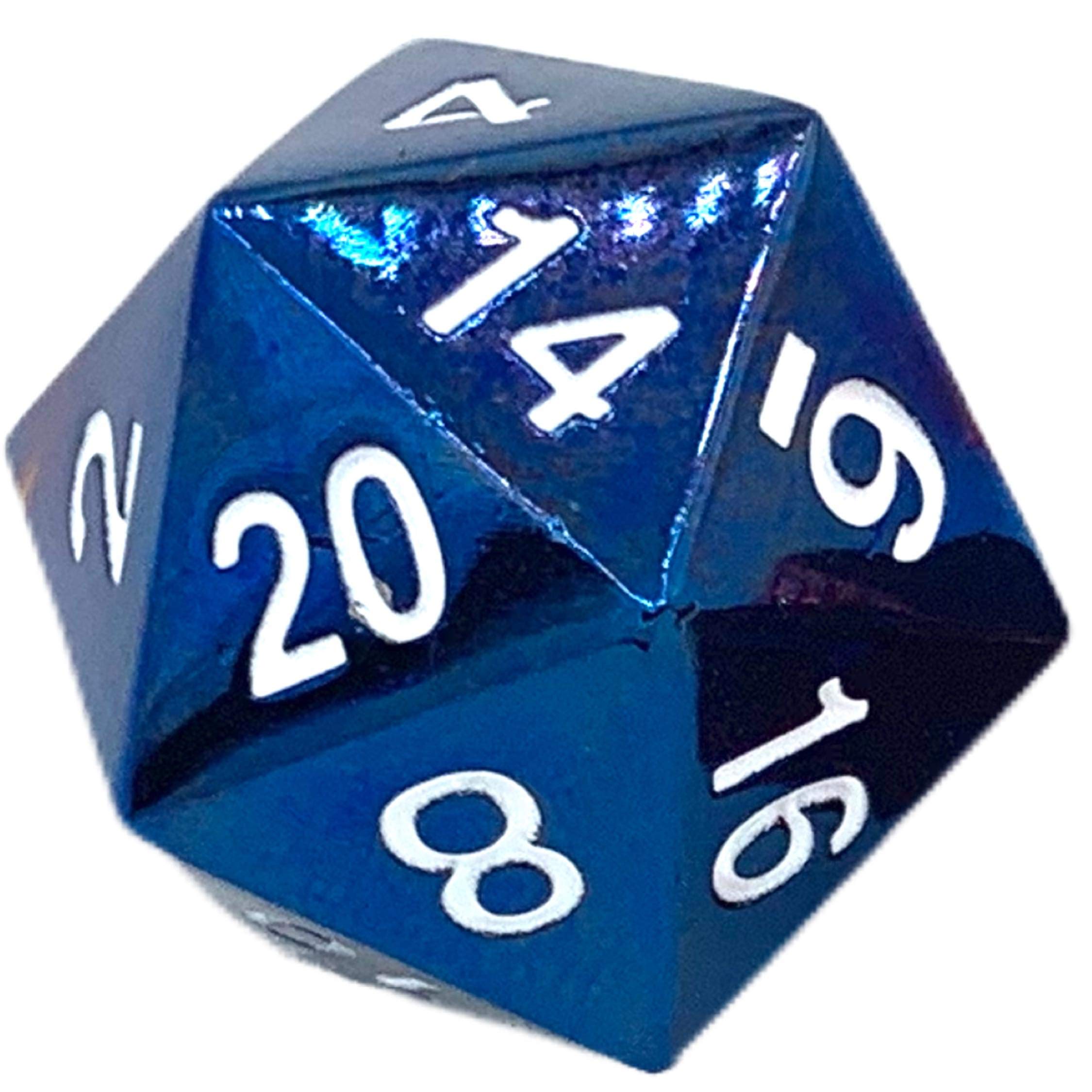We recently ran a variant of the Daggerheart initiative in our DnD session. This post on my site (which I hope to update with player thoughts soon) summarizes our thoughts. Spoiler, I'm not certain it is all that different than cyclical, given that my players took turns going so no one stole the spotlight, and I took turns with the NPCs so that I didn't team up on any one player's character.


Daggerheart Initiative in Dungeons and Dragons - Mike's Thoughts
An examination of the Daggerheart Initiative system as used in a Dungeons and Dragons gaming session.
mikesixel.com
